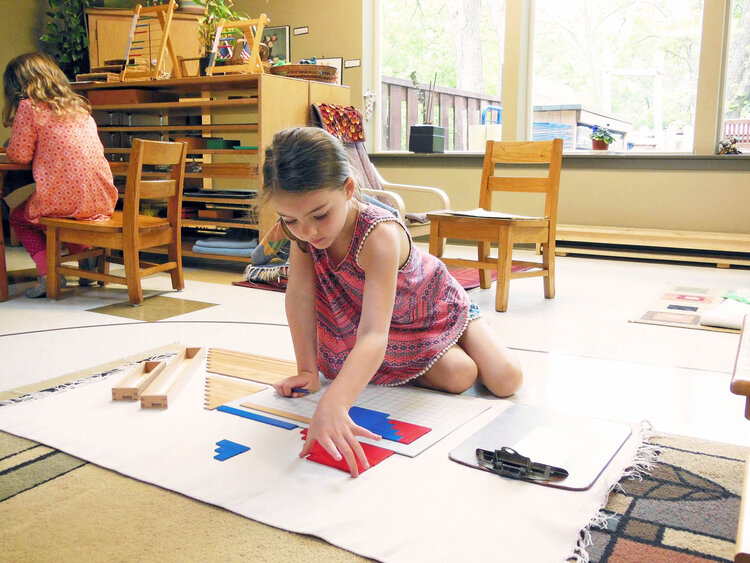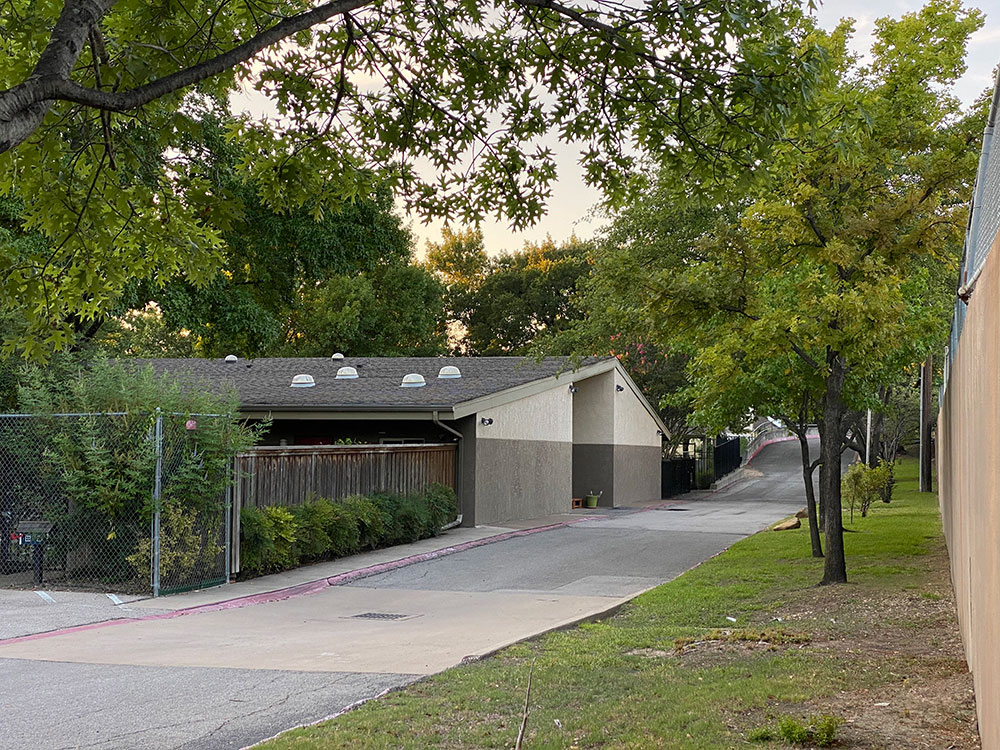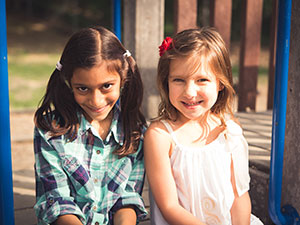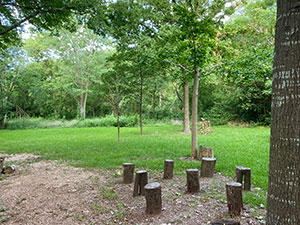How Montessori Education Creates Resilient, Competent Adults
by Christa Montague
“The only constant in life is change.”
—Heraclitus
Over two millennia since Heraclitus penned his famous quote, change is still a constant, and it’s picked up its pace with a vengeance. Today’s children will work in jobs that don’t yet exist, working to solve problems laden with increasingly higher stakes.
So how do we help children grow into adults prepared to take on these challenges? The answer is clear—Montessori education. The Montessori approach is uniquely effective in aiding children of different abilities and backgrounds to grow into resilient, competent, and resourceful individuals who are best equipped to face the challenges of our ever-changing world and to thrive while doing it.

MONTESSORI STUDENTS ARE ENCOURAGED TO EXPLORE AND BE CURIOUS
For children on the path of self-construction, there is no better way to learn than in an environment designed around discovery and guided exploration. Montessori students learn by doing, understanding their own agency, and becoming self-actualized, proactive learners. Students work with their hands with specially created materials, free to repeat tasks, to perfect their movements and achieve exactness, until they are satisfied with their own results.
MONTESSORI STUDENTS ARE ALLOWED TO MAKE CHOICES
Montessori is a dynamic education model where students are given the freedom to choose their own work, to move throughout the environment, to express themselves, to reflect, and to develop according to their own natural plans.
Students who are given choices regarding their decisions and actions feel a sense of control and freedom. Learning to trust in their own inner guide through exploration and trial and error, Montessori students hone skills they will need to navigate life’s challenges and the confidence to make independent decisions.
MONTESSORI EDUCATION FOSTERS SELF-CONFIDENCE AND THE PRIDE OF ACCOMPLISHMENT
Montessori students build confidence through achievement. Three-year olds who successfully walk through a crowded classroom carrying a tray of breakable vases, four-year olds who embroider with real needles, five year olds who help younger children button their jackets—these children feel the satisfaction of knowing that they are competent and capable. Resilience requires having faith in your own abilities.
MONTESSORI EDUCATION PREPARES CHILDREN FOR LIFE
Students don’t just learn how to perform specific skills like tying their shoes and learning to read, they learn how to do things—how to focus, organize their materials, work with others, plan their day, manage their time—executive functioning skills that are necessary to achieve goals and adapt to changing conditions.
MONTESSORI STUDENTS ARE GIVEN THE OPPORTUNITY TO MAKE MISTAKES AND TO FIX THEM
Montessori students are given the opportunity to take safe, manageable risks and empowered to fix errors without an adult rushing to their rescue. Montessori students are accountable for their mistakes in countless ways throughout the day. Two-year olds know where to find a cloth so they can clean up their spills, four-year olds are given time to try and work out small social conflicts, six-year olds use self-correcting math works that help them find their own computational errors.
Having the opportunity to recognize, acknowledge, and repair their own mistakes allows for individual dignity, better problem-solving skills, and a greater willingness to take smart risks.
MONTESSORI SCHOOLS AFFIRM AND ACCEPT EACH STUDENT’S INDIVIDUALITY
Each child is encouraged to find their own path and respected as an individual within a community of learners. Students work at their own pace, and adults are encouraged to meet each child where they are in their development growth.
To quote Maria Montessori, “Every child is a unique individual that needs to be understood, respected, admired and unconditionally accepted as a precious gift of life.” This affirmation in who the students are as individuals is an indelible part of fostering resilience.
MONTESSORI CLASSROOMS FOSTER CONNECTION AND A SENSE OF BELONGING
Montessori classrooms are vibrant and complex social communities. Social development is the acquisition of a secure self-construction which enhances cooperative efforts and establishes acceptable behaviors. The mixed-age classrooms and child-centered approach found in Montessori education allow for the students to fulfill their place of belonging as conscious contributors who cooperate freely and who feel a joyous connection with the other members of the class, as well as the world beyond.
This article first appeared on the MINT website in the summer of 2021.







